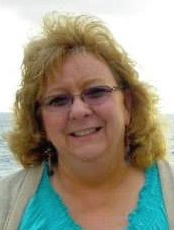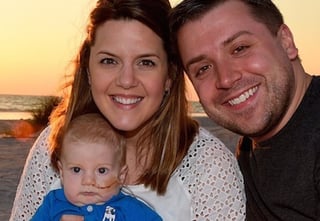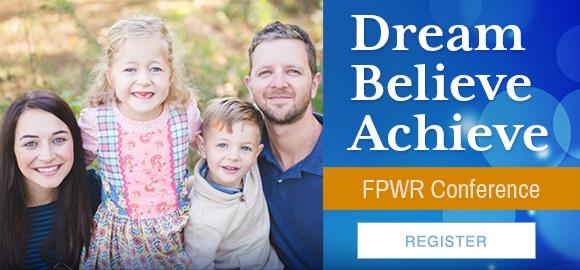 Food, hunger, mealtimes, eating — these are all important issues for people with PWS and their families. Sara Parker knows all about feeding challenges and PWS. She's a speech pathologist who specializes in pediatric feeding and has spent more than two decades working with infants and children with complex medical diagnosis and feeding concerns. In her role working for the feeding clinic at Collaborating for Kids in Indianapolis, she provides early intervention services on an in-home basis. She helps develop feeding plans for families, and helps kids transition to oral feedings from tubes.
Food, hunger, mealtimes, eating — these are all important issues for people with PWS and their families. Sara Parker knows all about feeding challenges and PWS. She's a speech pathologist who specializes in pediatric feeding and has spent more than two decades working with infants and children with complex medical diagnosis and feeding concerns. In her role working for the feeding clinic at Collaborating for Kids in Indianapolis, she provides early intervention services on an in-home basis. She helps develop feeding plans for families, and helps kids transition to oral feedings from tubes.
Parker is on the board of directors for the Indiana chapter of the Prader-Willi Syndrome Association and will be speaking at the FPWR Conference in Indianapolis August 25-27. She shares her expertise on some of the unique feeding-related concerns the families of children with PWS deal with on a everyday basis.
What are some of the most common frustrations or concerns of families facing PWS?
Patients with PWS can have low muscle tone and sometimes some motor planning issues. This means feeding by mouth can be dangerous for them because they may be aspirating breast milk or formula into their lungs. The biggest challenge is finding a safe way for them to practice eating by mouth so they are safe when they swallow.
Many families I meet are frustrated because they are trying to juggle all the information and recommendations from their medical team, therapists, specialists, other family members, as well as other PWS families and the PWS community. The families want what is best for their child. No one plan works in all cases. Most of the time it is figuring out the pieces of each plan that will work for a specific child.
What’s the most important part of establishing a PWS feeding plan?
It is a balance act of finding the best way to advance a child’s feeding and oral motor skills, between the medical team recommendations, therapy recommendations — whether they need thickened milk, pacing and feeding strategies, for example — as well as the family’s wishes. Educating the family on oral feedings, transitioning from of ng- or g-tube feedings, and advancing with typical feeding development are vital.
How can families ensure a successful transition from feeding tubes to oral feeding?
 When we work on transition off of feeding tubes, we start with offering the bottle by mouth first and then supplement with the tube as needed. We may thicken the milk to help keep them safe when they swallow. We always make sure they are maintaining their weight and stabilizing any blood sugar concerns when they are on a growth hormone, too. Working closely with the medical team and a dietician is important as well.
When we work on transition off of feeding tubes, we start with offering the bottle by mouth first and then supplement with the tube as needed. We may thicken the milk to help keep them safe when they swallow. We always make sure they are maintaining their weight and stabilizing any blood sugar concerns when they are on a growth hormone, too. Working closely with the medical team and a dietician is important as well.
Do you have any other tips for families dealing with feeding issues
Be patient! It will be okay! Once a child feels safe with their bottle, cup and food, we will develop a healthy feeding plan for a family to follow.
What is the most rewarding part of the work you do?
Working with awesome families and their medically fragile child is my most rewarding part of my job. There is something wonderful about empowering families so they can transition their child to oral feedings, as well as educating them on safe and developmentally appropriate mealtime routines for their child. I truly love my job!








